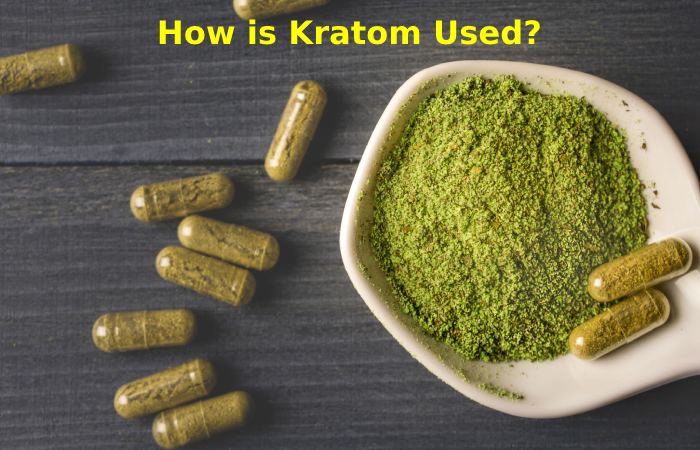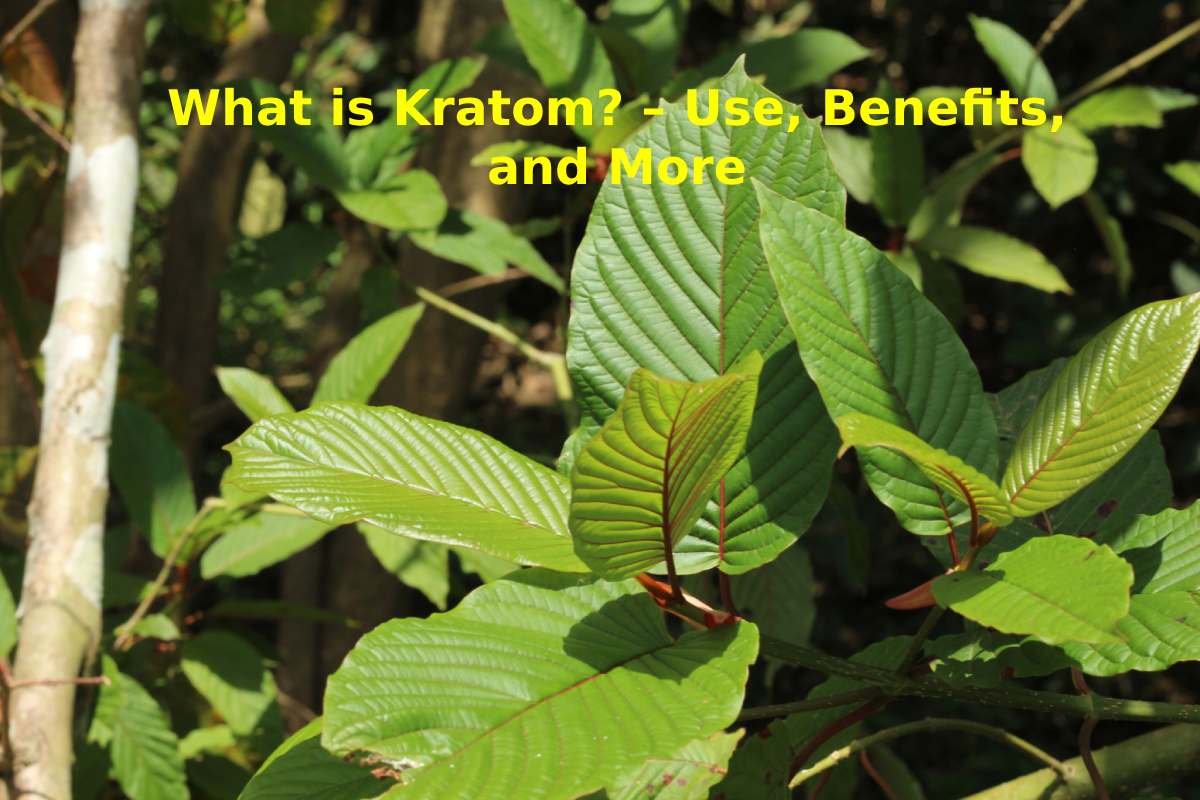Table of Contents
Introduction
Kratom is a tree that raises naturally in Thailand, Malaysia, Indonesia, and Papua New Guinea. Its leaves have traditionally been used as medicine but are now used as a recreational drugs.
Doctors believe that certain substances in Kratom attach to the same parts of a nerve cell as opioid pain relievers, causing a similar effect in the brain. But there haven’t been many detailed studies on how it works or why.
How is Kratom Used?

Traditionally, people drink Kratom as tea or chew its leaves. However, Kratom can also originate in resins, extracts, and tinctures. You can find Kratom as pills, capsules, powders, or even drinks on the street. For example, you can buy a mixture of kratom leaves, cough syrup, cola, and ice in Thailand.
Why Do People Use Kratom?
Precisely because it interacts with opioid receptors in the brain, some people use it for pain relief or to overcome opioid addiction. Medical communities are now trying to avoid using opioids for pain, leaving many patients who have depended on them unable to do so. In search of alternatives, some people turn to Kratom, an adequate substitute, as it has similar pain-relieving effects.
People tend to assume (albeit incorrectly) that Kratom is safe because it’s “natural.” However, it’s also legal and readily available in many states, without the stigma associated with narcotics.
Health Benefits of Kratom Tea
Although some health bloggers have suggested that kratom tea has health benefits, there is very little reliable scientific evidence to support these claims. A 2017 survey indicates that using it can relieve pain and reduce symptoms of mood disorders such as anxiety and depression. However, the surveys are based on self-reports. It makes them inaccurate and more prone to bias.
Others have claimed that kratom tea can help relieve opioid withdrawal symptoms. It is because itleaves contain mitragynine and hydroxy mitragynine, chemicals that interact with opioid receptors in a person’s brain.
Trusted Source animal studies have shown that Kratom can improve opioid tolerance in mice. However, this does not necessarily mean that similar effects occur in humans.
Does Kratom Have Any Side Effects?
Yes. Don’t let the point that it is “natural” fool you into thinking it’s safe. Kratom’s likely for serious side effects outweighs its potential benefits, and in moving cases, it has even affected death.
The most mutual side effects of Kratom are:
- Aggression
- Altered state of mind.
- Anxiety and irritability.
- Constipation
- Delirium and hallucination.
- Drowsiness and sedation.
- Dry mouth.
How does Kratom Effect the Body?
Researchers are still learning how its compounds affect the body and how short-term and long-term use of it can affect health. Although the evidence is changing rapidly, early studies have revealed important information about how the drug works.
The Effect Can Vary a Lot
As with all drugs, the effects of it can vary depending on the amount taken, potency (concentration and strength), product formulation, how it is taken, other drugs in a person’s system, and medical history underlying a person. Conditions and history A person’s experience with the substance will depend on, among other factors. It is important to note that its products vary, making predicting effects difficult. In addition, some kratom products have been found to contain contaminants that produce results not associated with kratom compounds alone.
Kratom Produces Opioid and Stimulant Effects
People who use it report stimulant-like effects (increased energy, alertness, and rapid heart rate) and opioid and sedative-like effects (relaxation, pain relief, and confusion). While many people who use it report that small doses of it produce stimulant effects and larger quantities make opioid-like or sedative effects, studies have not yet established that these effects depend on the amount or type of it consumed.
Side Effects Range from Mild to Severe
Some people using it have reported mild side effects, including nausea, constipation, dizziness, sleepiness (breathing), gastrointestinal issues (nausea and vomiting), and liver problems. However, a few deaths with kratom products and nearly all cases were associated with other drugs or pollutants.
Conclusion
There are reports of positive effects from the use of it. With the proper supporting research, it could have proven potential in the future. However, there is still no clinical evidence to support the reported benefits.
Without this research, many things are unknown about this drug, including B.’s safe and effective dosage, possible interactions, and possible adverse effects, including death. These are all things to reflect before taking any medication.

